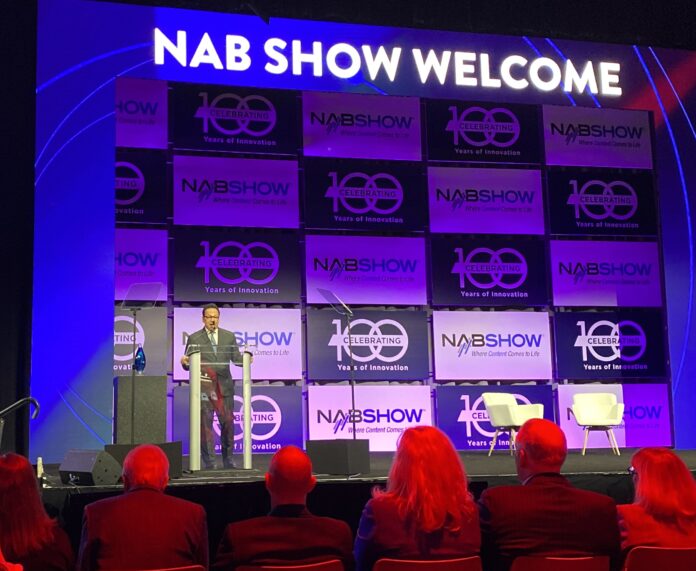Salem Media Group on Friday (6/23) became the third licensee of broadcast radio stations in the U.S. to receive a delisting notice from a financial exchange for failing to meet its requirements for continued trading.
For Salem, the issue is the $1 minimum bid price required for continued listing on the Nasdaq Capital Market, under its rules. But, unlike Audacy Corp. or Urban One, is this more of a technicality than a worry for investors and for those in the executive leadership suite?
As first reported by Streamline Publishing’s Radio Ink, Salem’s letter from the Nasdaq Stock Market informed the company that its failure to have SALM finish above $1 for 32 consecutive trading days triggered the delisting notice.
Importantly, there’s a lot of time for Salem to remedy the situation, as it has 180 calendar days — or, until December 20 — to regain compliance. And, based on where Salem is trading, that could be a feat more easily accomplished than what Audacy has faced in the last six months.
In a SEC filing, Salem said it intends to monitor the closing bid price of its common stock and may, if appropriate, consider implementing “available options” to regain compliance with the minimum bid price requirement under the Nasdaq Listing Rules.
As of 9am Eastern on Monday, SALM was poised to open trading at $0.93. And, with earnings not due until the week of August 2, the next month could see continued trading under the all-important $1 mark, with the next earnings report the potential catalyst for the short-tern share growth analysts covering Salem anticipate.
However, that could easily fizzle, given the outlook Salem shared during its first quarter 2023 earnings call. For the second quarter of 2023, the company is projecting total revenue to decline between 5% and 7% year-over-year.
For Salem, though, the overall stock portrait is mildly concerning, compared to that of Audacy. And, for Urban One, the matter is tied to its tardy completion and filing of its FY 2022 annual report, the 10-K filing, in addition to its Q1 2023 8-K filing, to the SEC. Urban One explained that understatements in the value of its interest in the MGM National Harbor Hotel & Casino forced the company to delay those financial statements. Urban One’s Class A shares, UONE, and Class D “UONEK” shares, are trading in the mid-$5 range.
On Thursday (6/22), SALM finished at $0.99, after dipping to $0.91 on June 15 — Salem’s lowest closing price since early November 2020, when the company began to arise from its COVID-19 pandemic trading doldrums. It was May 9, 2023, when SALM last traded above $1.
Still, even with the challenges Salem faces, the short-term assessment for the company focused on conservative and Christian-themed audio and video content, in addition to a publishing house, is “Bullish.” The mid-term and long-term forecast for Salem is “Bearish.” As such, time is of the essence to get back that Nasdaq compliance without a reverse stock split.
That’s something Audacy Inc. hoped would save it from a NYSE delisting, by way of a stockholder vote at its 2023 annual shareholders’ meeting. Only, the NYSE on May 16 thwarted that reverse stock split vote by halting trading and booting AUD, which has seen an exceptional decline in share value over the last two years. As July 2021 began, AUD was trading at $3.57 per share — and that was off from a $5.25 start to March 2021.
While a rally began in early 2022, troubles accelerated for Audacy in February 2022, when shares began the month at $3.10. By June 2022, AUD was trading under $1; they’ve not hit $1 since, and today trade on the OTC Pink sheet. On Friday (6/26), now trading as “AUDA,” Audacy shares were at $0.0748.
Company executives, with a shareholder OK to move forward with a reverse stock split, are now weighing just how much share dilution should be engineered to get AUDA to a minimum $1 value.





